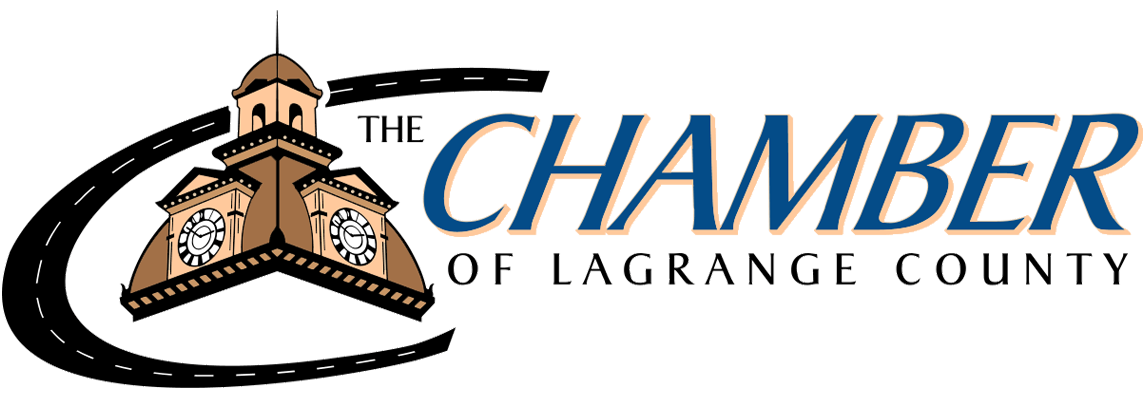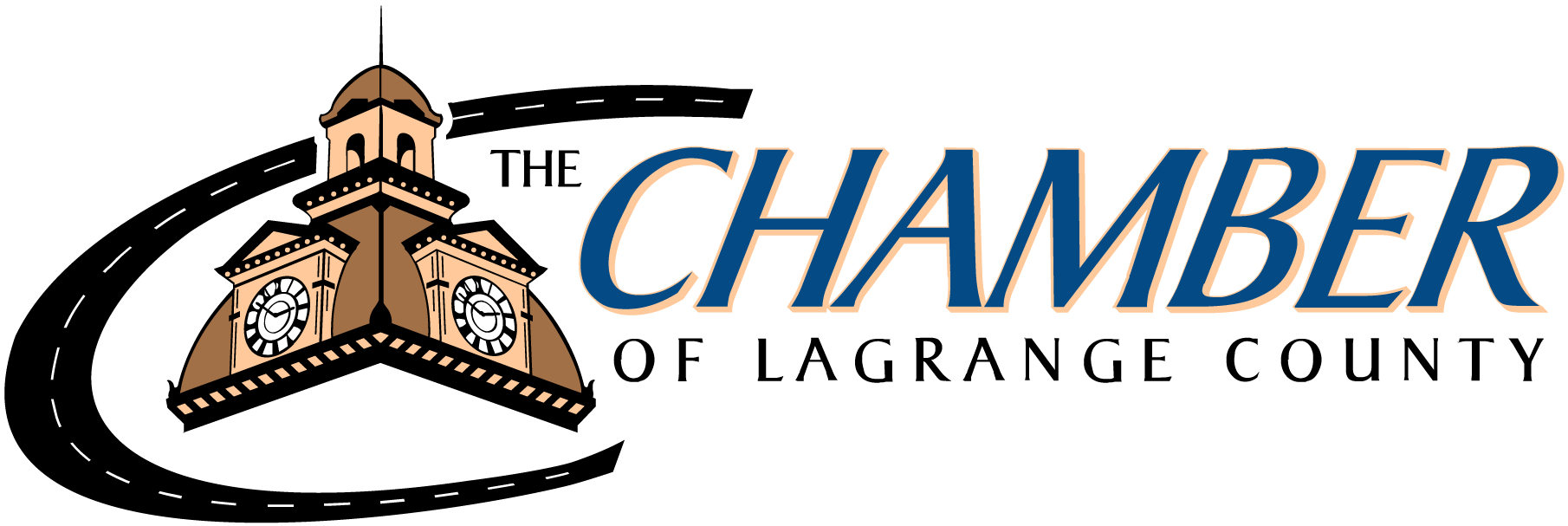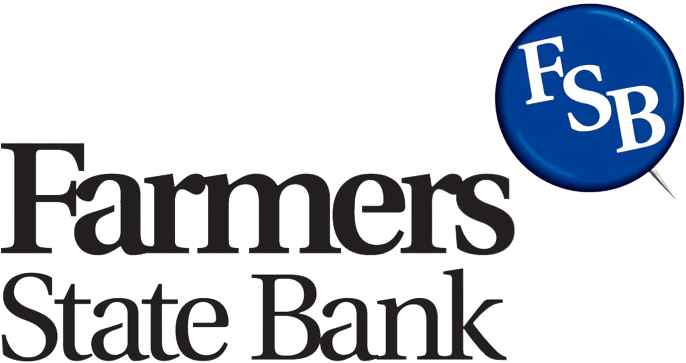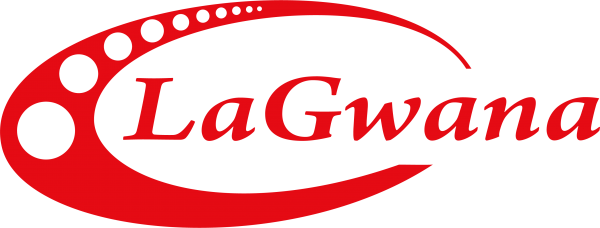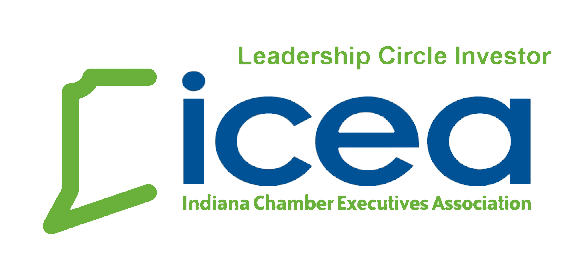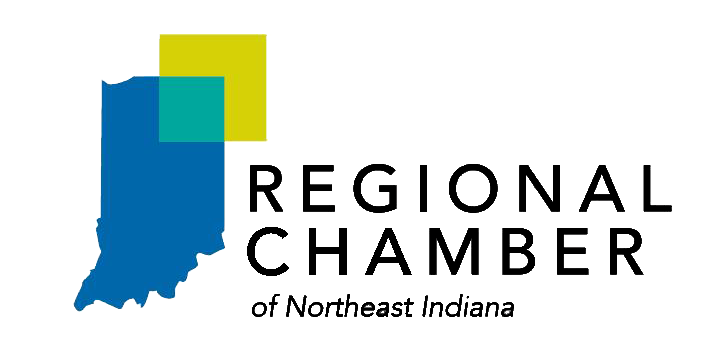Coffee with the County - Live United
When I was first introduced to the Chamber of Commerce world and our local business community through this lens in 2019, I was also introduced to the United Fund. At the time, it was in the process of dissolving and identifying the “next direction.” Now, 6 years later, a rebranded (and growing) nonprofit organization is making strides in impacting our local communities by “mobilizing the caring power of our community.” This organization is United Way, Serving Elkhart, LaGrange, and Noble Counties.
As the LaGrange County Chamber, we are privileged to work alongside their efforts and their team as they continue to grow their footprint across our greater region. I had the honor of sitting down with President and CEO Bill Purcell for one of our latest Chamber Chat Podcast episodes, and in this week’s column, I’d like to share a few pieces from that conversation.
Chamber: What is the history of Crossroads United Way? How did the three counties become one?
Bill Purcell: Back in 1922, United Way of Elkhart was started. However, the first United Way was launched in the 1870s in Colorado. It was a sort of “chest” between some leaders who came together to say, “How do we take care of people?” They used this method to collect money to serve people and it moved across the country. At the time [before the three-county union], there was the Elkhart United Way, the United Fund of LaGrange County, and a Noble County United Way. It was a discussion of how we bring the resources together to make sure that the money that is being made is going into the grants and not spread too thin in the overhead.
C: That’s a great example of stewardship.
BP: Yeah, it’s a regional impact because issues don’t stop at the [county] line. Housing doesn’t stop at the line. Things that we do not only impact what we do in one county, but in multiple.
C: Yes, and that so easily concurs with what we see within a county, even. You consider that an issue like housing or doesn’t stop at the line. How true that is within a county’s borders, that these issues don’t stop at a town’s line. The impact can go across the entire region.
BP: Yes, and that goes right along with what I want to talk about today, which is advocacy. Advocacy is about giving people a voice and oftentimes, people think of advocacy and think federal level. But, many things I did when I started was on the county line and speaking about United Way. It’s about making sure they’re aware of what we’re doing, especially the non-profit community.
C: Yes, and it makes me think about the term “grassroots.” I never really understood that concept until this role. It’s about people who get up in the morning, who want to make a difference, and find the people to link arms with, and then they get it done. That relates to how you’re describing advocacy. How does Crossroads advocate for the needs of the community?
BP: The mission is that we work to improve lives by mobilizing the caring power of our community. Key word: mobilize. The very concrete thing we do is to be an ambassador for our nonprofit community. We meet with our legislators on all levels. We attend third house meetings. We work with social media. We’re not lobbying, or going on a particular issue. What we’re doing is advocating on things like hunger, mental health, childcare. What are issues that we need to address to be a flourishing community overall. As a United Way, we focus on health, education, and financial stability, and then we discover what are the things that communities are doing to address these issues.
C: I think it’s important to differentiate what you did–the difference between lobbying and advocacy. So often, in the Chamber world, we see and hear folks quickly associate advocacy with politics, and the nasty and dirty part of governmental affairs. What I’m hearing you say is that advocacy is about communication. Making sure people are aware of the resources are there, and aware of the influence they have.
BP: Yeah, and advocacy is about going to your leaders and getting people to speak up. You’re only going to get things done if you have good leaders. We have democracy, and people go and cast their vote, and decide the leaders. So then how do we build a relationship with these leaders and get things done? It’s about raising awareness, and how we provide resources overall and speak up about these resources. Some people don’t know that we actually give grants to over 50 agencies across our region through our Strategic Investment. We get to support those agencies through this type of resource distribution.
C: One of the things that has been so profound to me that you have hit on is the intensely strong network of nonprofit organizations within our community. It’s this systematic approach to addressing these issues–organizations like Crossroads who supports the local nonprofits, who then support the people dealing with these issues. How does all of this come together?
BP: We think of it in three buckets. The first is that we’re raising funds, so we spend time as ambassadors at different agencies and companies who are connecting their employees to our services and our workplace campaigns. Second is that we work with agencies directly. We work to help develop funds and match locally raised funds for their needs. And then the third side is being an ambassador for the nonprofit communication. We serve as a liaison between nonprofit organizations and the stakeholders and funding resources, demonstrating that we’re all working together to make the biggest impact.
C: If you could offer one call of action to listeners within the realm of advocacy, what would it be?
BP: Be involved with your civic organizations–your Chamber, your EDC, your Community Foundation. And know who your representatives are. We’re not just in our own world; we need to be in relationship with each other. It needs to be embodied. We need to love each other, and be in a community that loves each other. It’s about building that common good.
To listen to the full podcast episode, visit Spotify, Apple Podcasts, or our website (and search LaGrange County Chamber Chat Podcast). Crossroads United Way is positioned to mobilize their communities for the common good, and that’s something we love to get behind at the Chamber of Commerce. This week, resolve to Live United, and build the common good for generations to come in LaGrange County.
